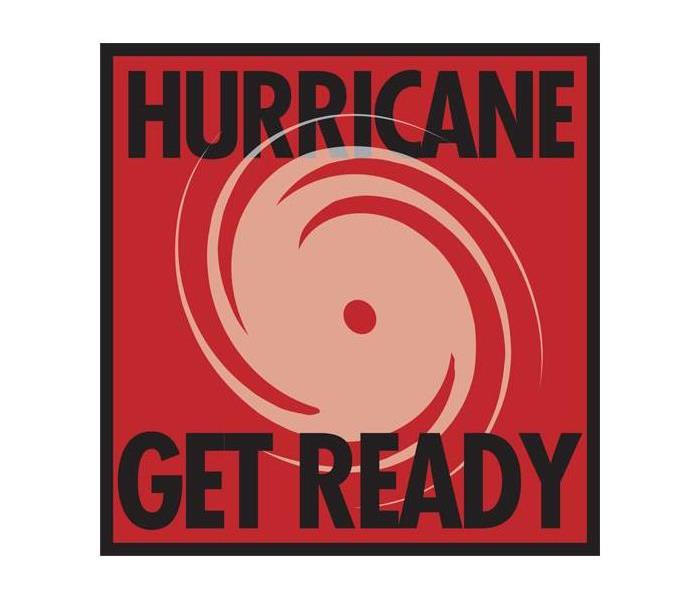Hurricane Preparation
5/30/2017 (Permalink)
88% of deaths from hurricanes and tropical storms are due to the water, not wind according to The Weather Channel. According to the National Hurricane Center, storm surge, rainfall flooding, high surf, and deaths just offshore (within 50 nautical miles of the coast) combined for 88 percent of all deaths in the U.S. from hurricanes, tropical storms or tropical depressions from 1963 to 2012. The storm surge, the rise in water levels from the tropical winds piling water toward the coast just before and during landfall.is considered the most deadly part of a hurricane.
Knowing that the water is the most dangerous part of the hurricane, we encourage you to create a plan and share the plan with your family. Here are some tips from ready.gov:
Prepare
- Talk About Hurricanes —Spend time with your family discussing why hurricanes occur. Explain that a hurricane is a natural event and not anyone’s fault. Use simple words that even young children can understand.
- Know Your Risk —Find out if you live in a hurricane evacuation area. Assess your risks from a storm surge, flooding or wind damage that may accompany a hurricane.
- Practice Evacuation Drills — Practice your family evacuation plan so that, during an emergency, you can evacuate quickly and safely.
- Learn Your Caregivers' Disaster Plan — If your child’s school or child care center is in an area at risk from hurricanes, find out how its emergency plans address hurricanes. Ask about evacuation plans and if you would be required to pick up your children from the site or from another location.
- Stay Informed — Use a NOAA Weather Radio or listen to a local station on a portable, battery-powered radio or television. Be ready to act if a Hurricane Warning is issued.
During a Hurricane
- Evacuate If Instructed To Do So —Evacuate if told to do so by local authorities or if you feel unsafe. If advised to evacuate, avoid flooded roads and watch for washed-out bridges. Local officials may close certain roads, especially near the coast, when effects of the hurricane reach the coast.
- Stay Indoors, If Not Evacuated — If you are not advised to evacuate, or are unable to do so safely, stay indoors, away from windows, skylights and doors. Continue to monitor weather reports and do not go outside until the storm has passed.
After a Hurricane
- Return Home Only When Authorities indicate It’s Safe — Listen for updates and instructions from local officials.
- Avoid Flood Waters — Water may be electrically charged from downed or underground lines. Avoid walking and driving through flood waters as well due to the fact just 6 inches of moving water is enough to knock you down. Fast moving water can also sweep your car away in the flow of the stream.
- Photograph The Damage To Your Property — By photographing your property, you can help assist with your insurance claim. This also helps assist the adjustor assigned to your claim to determine the coverage to your loss.
Hurricanes are a very serious, and can be deadly. SERVPRO of LaGrange Park/North Riverside would like to encourage you to make a family plan to keep your loved ones safe.






 24/7 Emergency Service
24/7 Emergency Service
